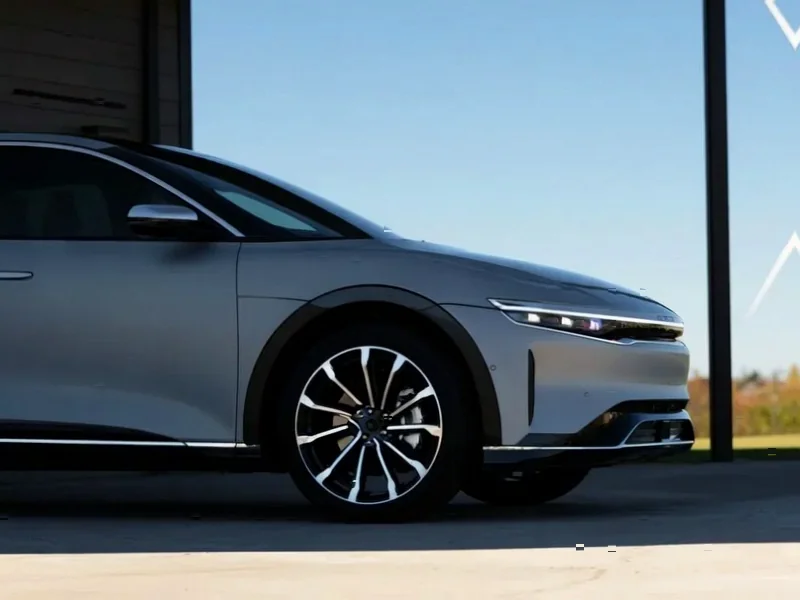According to Manufacturing.net, ViscoTec Pumpen- u. Dosiertechnik GmbH has launched the eco-SPIN dispensing system through its preeflow brand, designed specifically for applying media uniformly within complex internal geometries. The technology enables precise application of various materials including adhesives, lubricants, grease, silicone, polyester, and epoxy resins inside cavities, internal threads, and shaft-hub connections. The system operates without viscosity limitations thanks to its rotating spin head and centrifugal disk principle, making it suitable for both low- and medium-viscosity media. When combined with the eco-CONTROL EC200 2.0 dosing control system, it provides manufacturers with a complete solution for achieving reproducible parameters and maximum process reliability. This innovation represents a significant advancement in manufacturing technology that warrants deeper industry analysis.
The Manufacturing Paradigm Shift
What makes the eco-SPIN particularly transformative is how it addresses one of manufacturing’s most persistent challenges: internal surface treatment reliability. Traditional coating methods struggle with complex internal geometries because they rely on line-of-sight application or capillary action, both of which create inconsistent results. The centrifugal force approach fundamentally changes this dynamic by ensuring media distribution follows predictable physical principles rather than chance surface interactions. This reliability becomes increasingly critical as industries move toward more complex component designs where internal surfaces represent functional interfaces rather than merely enclosed spaces.
Stakeholder Impact Analysis
For automotive and aerospace manufacturers, this technology directly impacts warranty costs and product longevity. Components like transmission housings, hydraulic system interfaces, and engine block assemblies often fail due to inconsistent internal coating application that leads to corrosion or improper sealing. The ability to achieve reproducible internal surface treatment means fewer field failures and reduced liability exposure. Electronics manufacturers benefit similarly when applying conformal coatings or thermal interface materials inside complex enclosures where manual application variability has traditionally caused reliability issues.
The technology creates clear winners and potential losers in the supply chain. Companies that quickly adopt systems like eco-SPIN will gain competitive advantages through higher quality outcomes and reduced material waste. However, manufacturers relying on traditional manual application methods may find themselves unable to meet increasingly stringent quality standards, particularly in industries like medical device manufacturing where internal coating consistency can be a regulatory requirement.
Technical Implementation Challenges
While the technology promises significant benefits, implementation presents substantial challenges that manufacturers must consider. The parameter optimization process requires sophisticated understanding of fluid dynamics and material science to achieve optimal results. Companies will need to invest in specialized training for their engineering teams to properly leverage the system’s capabilities. Additionally, the initial setup and calibration for specific applications may require significant trial and error, though the long-term benefits of reproducible parameters should offset these initial costs.
The integration with existing manufacturing lines represents another critical consideration. Manufacturers must evaluate whether their current control systems can interface effectively with the eco-CONTROL EC200 2.0 unit or if additional infrastructure investments are necessary. This becomes particularly important for companies operating mixed-generation manufacturing environments where new technology must coexist with legacy systems.
Market Implications and Future Outlook
This technology arrives at a pivotal moment in advanced manufacturing. As industries increasingly focus on sustainability and resource efficiency, the material waste reduction capabilities of systems like eco-SPIN become significant competitive differentiators. The ability to precisely control material application directly supports broader industry trends toward circular economy principles and reduced environmental impact.
Looking forward, we can expect to see similar technologies emerging across other precision application domains. The success of centrifugal force-based dispensing will likely inspire innovation in adjacent areas like 3D printing material deposition and micro-electronic assembly processes. Companies that master these precision application technologies early will position themselves as leaders in the next generation of advanced manufacturing, particularly as quality standards continue to escalate across all technical sectors.




